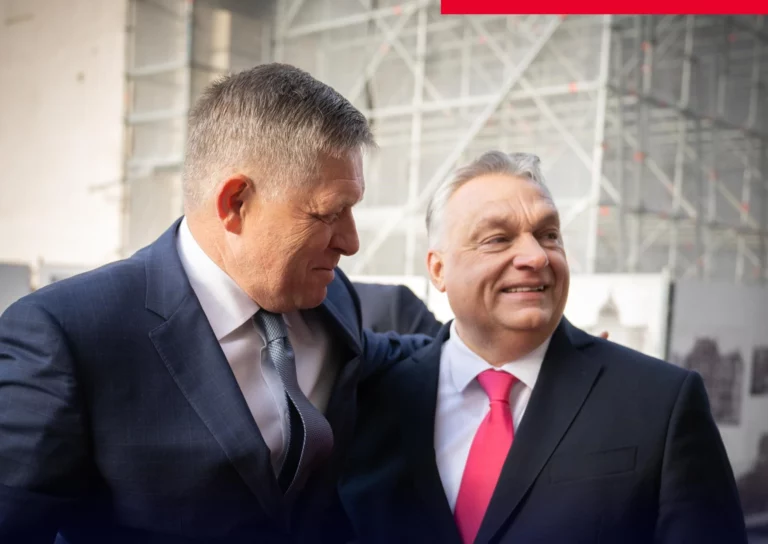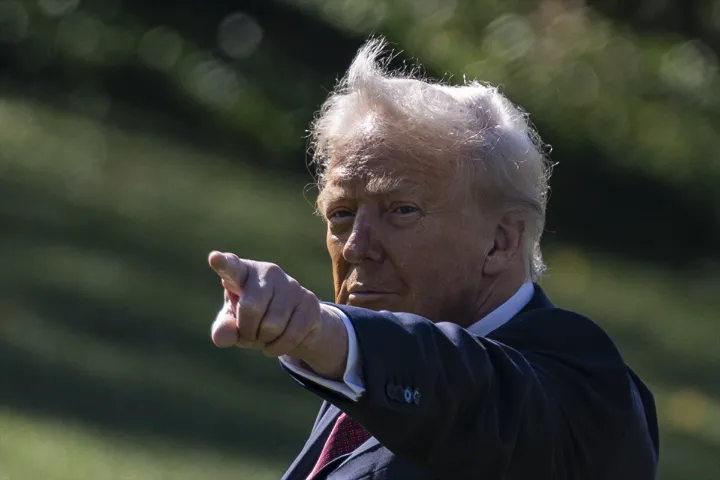diplomacy
Trump throws full weight behind Orbán: “He’s doing an incredible job”

Government-close media increasingly portray Germany as Hungary’s new political enemy

Breaking: Hungary stopped diesel fuel deliveries to Ukraine

Chinese foreign minister in Budapest: Belgrade-Budapest high-speed rail launch, major investments, Ukraine peace talks on agenda

Italian FM Tajani: ‘We are building peace’ through the 2026 Winter Olympics in Milano–Cortina

PM Orbán to travel to Washington very soon

India’s 77th Republic Day marked in Budapest, highlighting the depth of India–Hungary relations

The Nile came to Budapest: An evening of Egyptian culture and cuisine

Hungary opens new consulate to support holidaymakers

British tourists snatch national flag from Budapest embassy

European Commission examines Slovakia’s anti-Hungarian law

China–Hungary cooperation deepens as Budapest underscores support for Chinese enterprises

Trump signals visit to Hungary as stakes are getting higher before the elections

First impressions, economy, tourism, living in Hungary: Interview with Qatar’s Ambassador Radi Al Ajami

The United States wants to make Donbas a “free economic zone” as part of a new peace deal

Embassy of Colombia in Hungary hosts cultural diplomacy dinner highlighting the flavours of the Pacific – photos

Thai National Day reception in Budapest highlights expanding Thai–Hungarian cooperation

Grand UAE National Day Gala in Budapest – video, photos





 ZH
ZH IT
IT DE
DE HR
HR NL
NL FR
FR JA
JA RO
RO RU
RU ES
ES TR
TR
